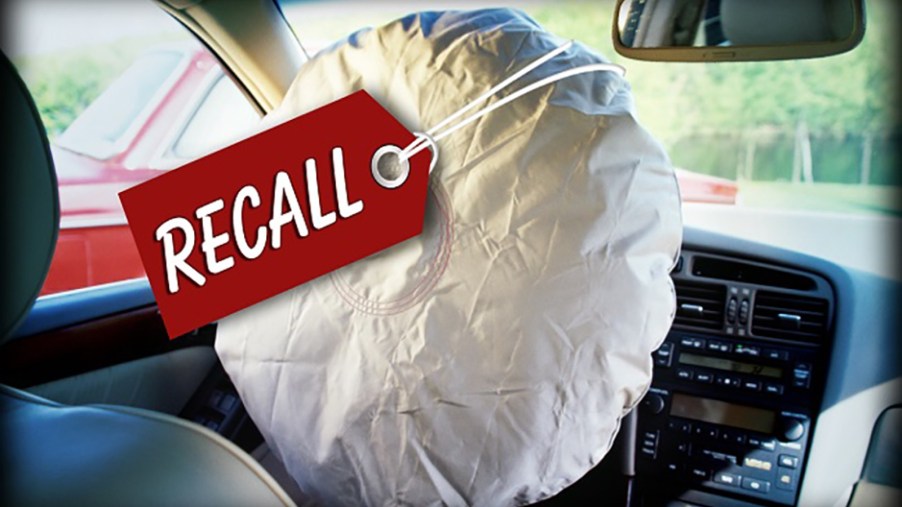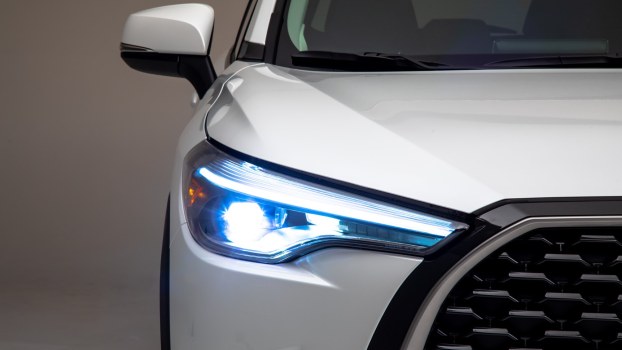
Critical Recall: Toyota Airbag Sensors Pose Safety Threat
Car safety is paramount to our survival on the roadways. Although many don’t think about the potential dangers awaiting them in traffic, driving a vehicle is one of the most dangerous things most of us do every day. We expect our vehicles to help us be safe and protect us in case of a crash. A recent Toyota recall shows some vehicles might not be as safe as they should be.

Toyota’s recall was caused by a short-circuit
As reported by NBC News, Toyota Motor Company is recalling 1.12 million vehicles because a short-circuit in the airbag system could cause serious problems. This issue could mean the airbags won’t deploy as designed in a crash.
The impacted airbag sensors are programmed not to deploy when a small adult or child sits in the front seat. Studies have shown that children and small adults can be harmed more by a deployed airbag in a crash, and many automakers, including Toyota, have programmed these systems to respond appropriately.
Unfortunately, these faulty airbag sensors shut down the system when full-size adults are in the front seats, creating a more dangerous driving situation.
Which Toyota and Lexus vehicles are part of the recall?
This new recall of the Occupant Classification System (OCS) sensor not working includes 1 million vehicles in the United States and 1.12 million vehicles globally. The model years impacted are 2020-2022 of the following vehicles:
- Toyota Avalon
- Toyota Camry
- Toyota Corolla
- Toyota RAV4
- Lexus ES250
- Lexus ES300H
- Lexus ES350
- Lexus RX350
- Toyota Highlander
- Toyota Sienna Hybrid
When will Toyota notify owners of this new recall?
Toyota plans to notify vehicle owners in February with official letters explaining the recall and what action owners should take to correct the problem. Toyota dealers will inspect impacted vehicles and replace the sensors if necessary.
Some of the Toyota RAV4 models could be part of a similar recall from July 2022 regarding potential interference between internal parts. This interference could cause the OCS sensor to detect an occupant in the front seat incorrectly. This previous Toyota recall affected 3,500 Toyota RAV 4 models.






